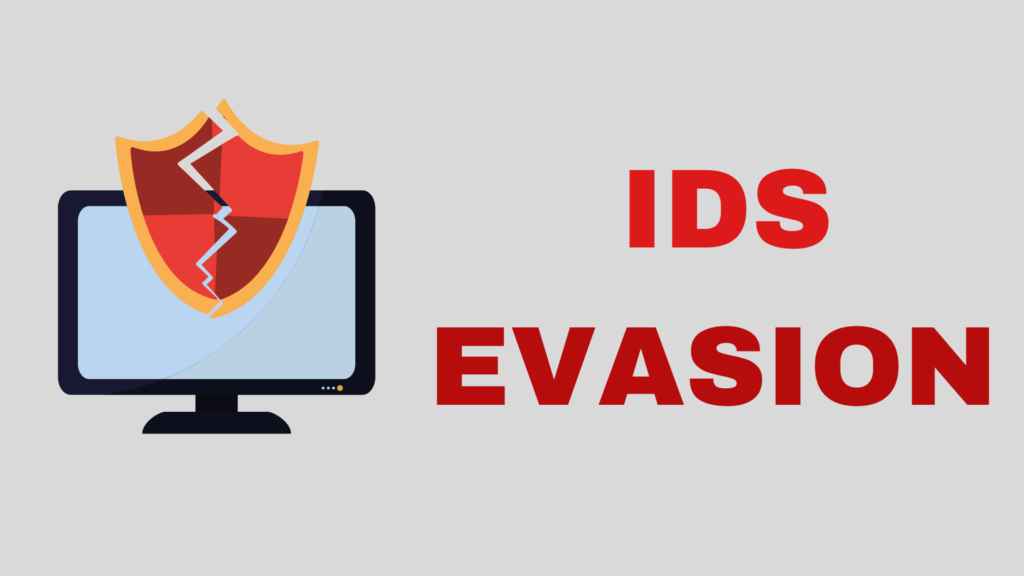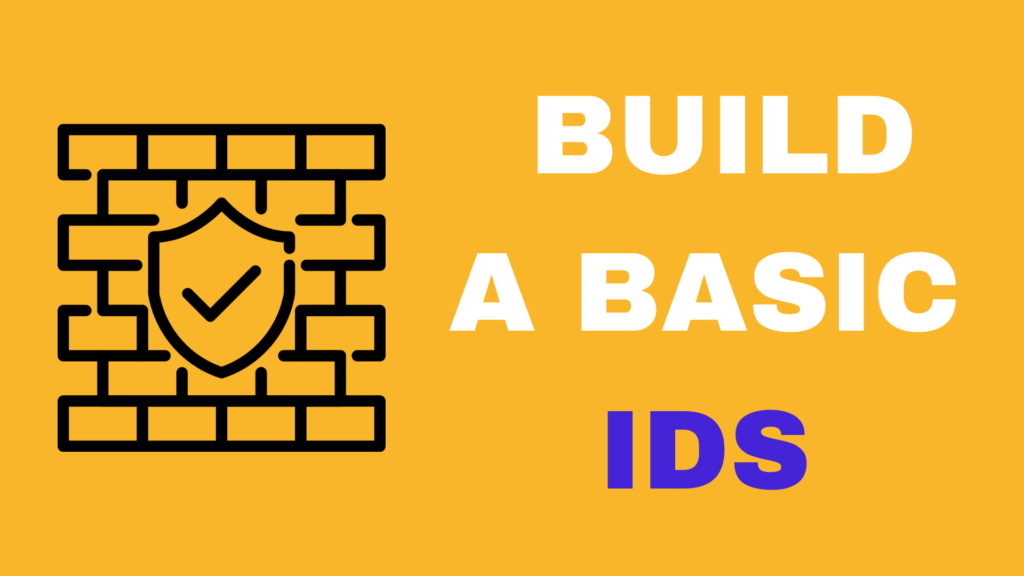Chapters:
- Introduction
- What is Ransomware?
- How Do Ransomware Attacks Happen?
- The Consequences of a Ransomware Attack
- How to Protect Your Business from Ransomware Attacks
- Tips for Responding to a RansomwareAttack
- Conclusion
Introduction:
As a business owner, it is important to protect your company from any potential threats. One type of threat that has become increasingly common in recent years is a ransomware attack. Ransomware is a type of malicious software that encrypts a victim’s files, making them inaccessible until a ransom is paid to the attackers. In this article, we will discuss what ransomware is, how ransomware attacks happen, the consequences of a ransomware attack, and how to protect your business from ransomware attacks. We will also provide tips for responding to a ransomware attack in the unfortunate event that it does occur.
What is Ransomware?
Ransomware is a type of malware that encrypts a victim’s files, making them inaccessible until a ransom is paid to the attackers. The attackers usually demand payment in the form of cryptocurrency, such as Bitcoin, as it allows for a certain level of anonymity. Once the ransom is paid, the attackers will provide the victim with a decryption key that will allow them to regain access to their files.
There are several different types of ransomware, including locker ransomware, which locks the victim out of their device; crypto ransomware, which encrypts the victim’s files; and mobile ransomware, which targets smartphones.
How Do Ransomware Attacks Happen?
There are several ways that ransomware attacks can happen. One common method is through phishing emails. These are fraudulent emails that appear to be from a legitimate source, such as a bank or government agency. The email may contain a link or attachment that, when clicked or downloaded, will install the ransomware on the victim’s device.
Another way that ransomware attacks can happen is through unsecured networks. If a business has an unsecured network, it is easier for hackers to gain access and install ransomware.
Vulnerable software is also a common way that ransomware can be installed. If a business is using outdated software, it may have vulnerabilities that can be exploited by hackers. It is important to keep all software up to date to ensure that it is secure.
The Consequences of a Ransomware Attack
The consequences of a ransomware attack can be severe for a business. The most obvious consequence is the loss of access to important data. This can include financial records, customer information, and other critical data.
In addition to the loss of data, a ransomware attack can also result in financial loss. The ransom demanded by the attackers can be significant, and paying it does not guarantee that the victim will regain access to their data. Even if the ransom is paid, there is no guarantee that the attackers will provide the decryption key.
There is also the potential for damage to the business’s reputation if a ransomware attack is made public. Customers may lose trust in the company if they believe their
personal information has been compromised in the attack.
How to Protect Your Business from Ransomware Attacks
There are several steps that businesses can take to protect themselves from ransomware attacks. These include:
- Implement strong passwords: Using strong and unique passwords for all accounts is essential in protecting against ransomware attacks. Avoid using the same password for multiple accounts, and consider using a password manager to generate and store secure passwords.
- Update software regularly: Ensuring that all software is up to date is important in protecting against vulnerabilities that could be exploited by hackers. This includes both operating systems and individual applications.
- Educate employees: Employee education is crucial in preventing ransomware attacks. Ensure that your employees are aware of the risks of clicking on links or downloading attachments from unknown sources. Consider implementing training programs to teach employees how to recognize and avoid phishing attempts.
- Use a firewall: A firewall can help to prevent unauthorized access to your network.
- Use antivirus software: Antivirus software can help to detect and prevent the installation of ransomware on your devices.
- Regularly back up data: Regularly backing up your data can help to mitigate the impact of a ransomware attack. If your data is backed up, you will be able to restore it even if it is encrypted by ransomware.
Tips for Responding to a RansomwareAttack
If your business is affected by a ransomware attack, it is important to act quickly to minimize the impact. Here are some tips for responding to a ransomware attack:
- Disconnect from the internet: Disconnecting from the internet can help to prevent the ransomware from spreading to other devices on your network.
- Seek professional help: It is important to seek help from cybersecurity professionals who can assist in the recovery process. They will be able to advise you on the best course of action and help to restore your systems.
- Do not pay the ransom: It is never a good idea to pay the ransom demanded by the attackers. This not only gives them a financial incentive to continue their attacks, but there is no guarantee that they will provide the decryption key even if the ransom is paid.
Conclusion:
Ransomware attacks can have severe consequences for businesses, including the loss of important data and financial loss. To protect your business from ransomware attacks, it is important to implement strong passwords, update software regularly, educate employees, use a firewall and antivirus software, and regularly back up data. If your business is affected by a ransomware attack, seek professional help and do not pay the ransom. By taking these precautions, you can help to protect your business from the damaging effects of ransomware.
Bullet Point Summary:
- Ransomware is a type of malware that encrypts a victim’s files
- Ransomware attacks can occur through phishing emails, unsecured networks, and vulnerable software
- Ransomware attacks can result in loss of access to important data and financial loss
- Businesses can protect themselves from ransomware attacks by implementing strong passwords, updating software, and educating employees
- If your business is affected by a ransomware attack, it is important to seek professional help and not pay the ransom


